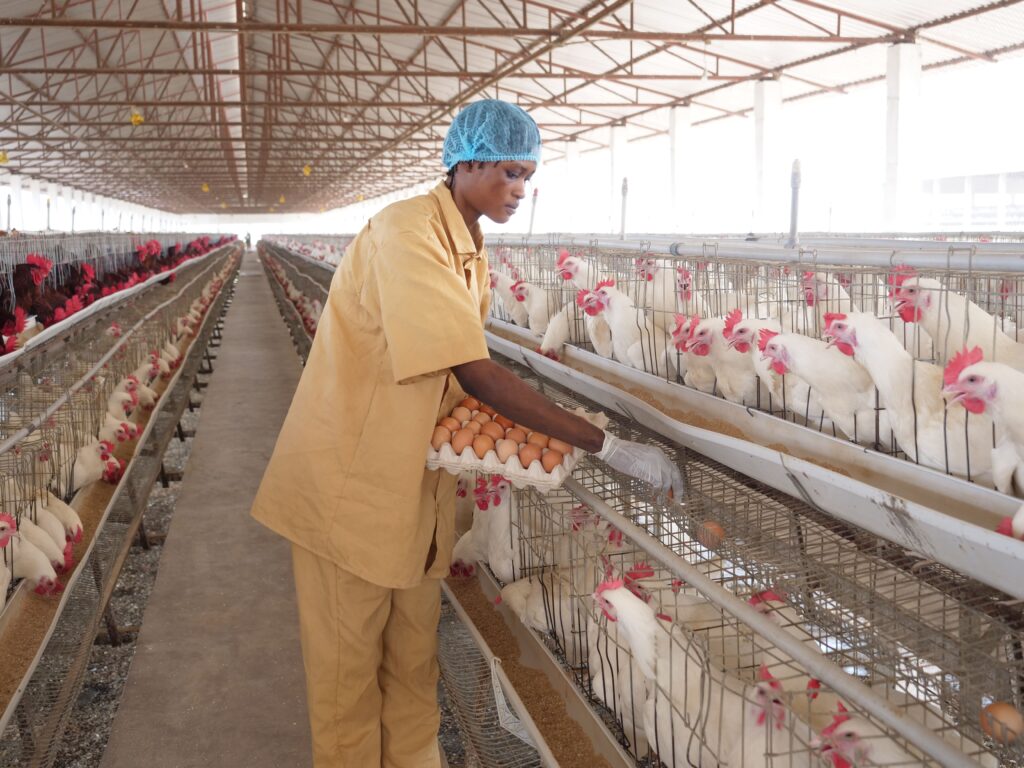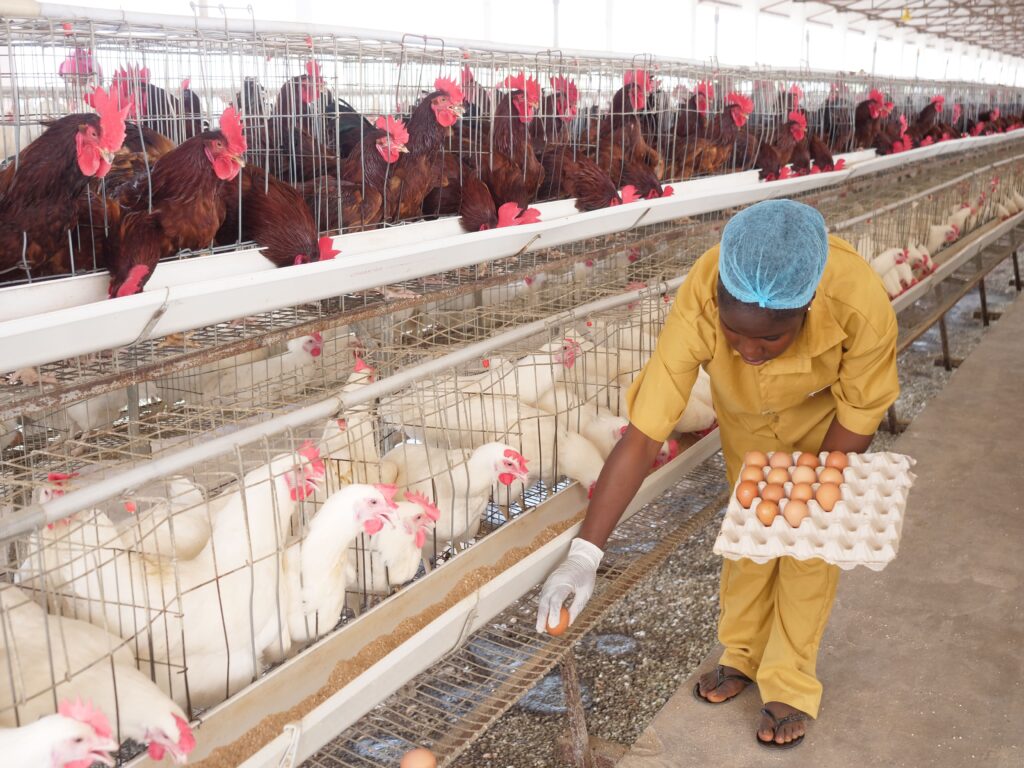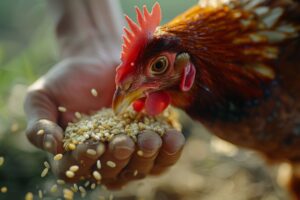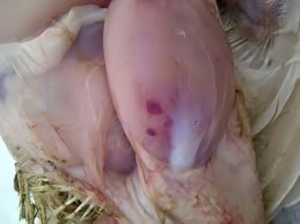
Poultry farming is a highly profitable venture in Nigeria, contributing to both food security and economic growth. Whether you want to raise Noilers for dual-purpose production, broilers for meat, pullets for eggs, or cockerels for hardy meat, strategic planning is crucial for success. Here’s a comprehensive guide to building a profitable poultry farm in Nigeria.
1. Choose the Right Poultry Niche
Before starting your poultry business, choose the type of poultry farming that aligns with your budget and business goals:
- Noilers – A dual-purpose breed for both meat and egg production.
- Broilers – Fast-growing birds raised primarily for meat, ready for market in 6-8 weeks.
- Pullets – Hens raised specifically for egg production.
- Cockerels – Hardy meat birds with slower growth.
- Hatchery – Breeding and selling day-old chicks.
- Feed Production – Producing and selling poultry feed.
2. Secure Capital and Create a Business Plan
Your business plan should include:
- Startup Costs – Land, housing, poultry, feed, vaccines, and equipment.
- Revenue Model – Forecast income from eggs, meat, or other products.
- Marketing Strategy – Target customers, including local retailers and food vendors.
- Risk Management – Planning for disease outbreaks and fluctuating feed prices.
3. Select a Suitable Location and Build Housing
Choose a location that is well-ventilated, secure, and accessible. Key considerations include:
- Deep-litter or Battery Cage Systems – Choose based on the breed of poultry.
- Proper Lighting, Ventilation, and Fencing – Ensure adequate protection and comfort for your birds.
4. Source Healthy Birds
Buy birds from reputable hatcheries such as Amo Farm Sieberer Hatchery. Ensure that the birds are disease-free and vaccinated before purchase.
5. Provide Quality Feed and Clean Water
For optimal growth and productivity:
- Use balanced commercial poultry feed or formulate your own using maize, soya meal, and essential vitamins.
- Ensure constant access to clean water and maintain a strict feeding schedule.
6. Implement Disease Management and Biosecurity Measures
Protect your poultry from diseases by:
- Vaccinating birds against common poultry diseases.
- Keeping the farm clean and limiting access to prevent contamination.
- Monitoring your birds and isolating sick ones immediately.
7. Market and Sell Your Poultry Products
Maximize sales by:
- Selling to local markets, supermarkets, and food vendors.
- Using social media platforms like WhatsApp, Facebook, and Instagram for marketing.
- Partnering with distributors for bulk sales.
8. Track Expenses and Maximize Profits
To keep your poultry farm profitable:
- Keep detailed financial records to track expenses and income.
- Reduce feed costs with alternatives like maggot farming.
- Take advantage of high-demand seasons, such as holidays, for better sales.
Starting a poultry farm in Nigeria requires careful planning, quality feed, and a strong marketing strategy. By following these steps, you can build a sustainable, profitable poultry business.
Want to learn more? Drop your questions in the comments, and let’s discuss how you can get started today.









